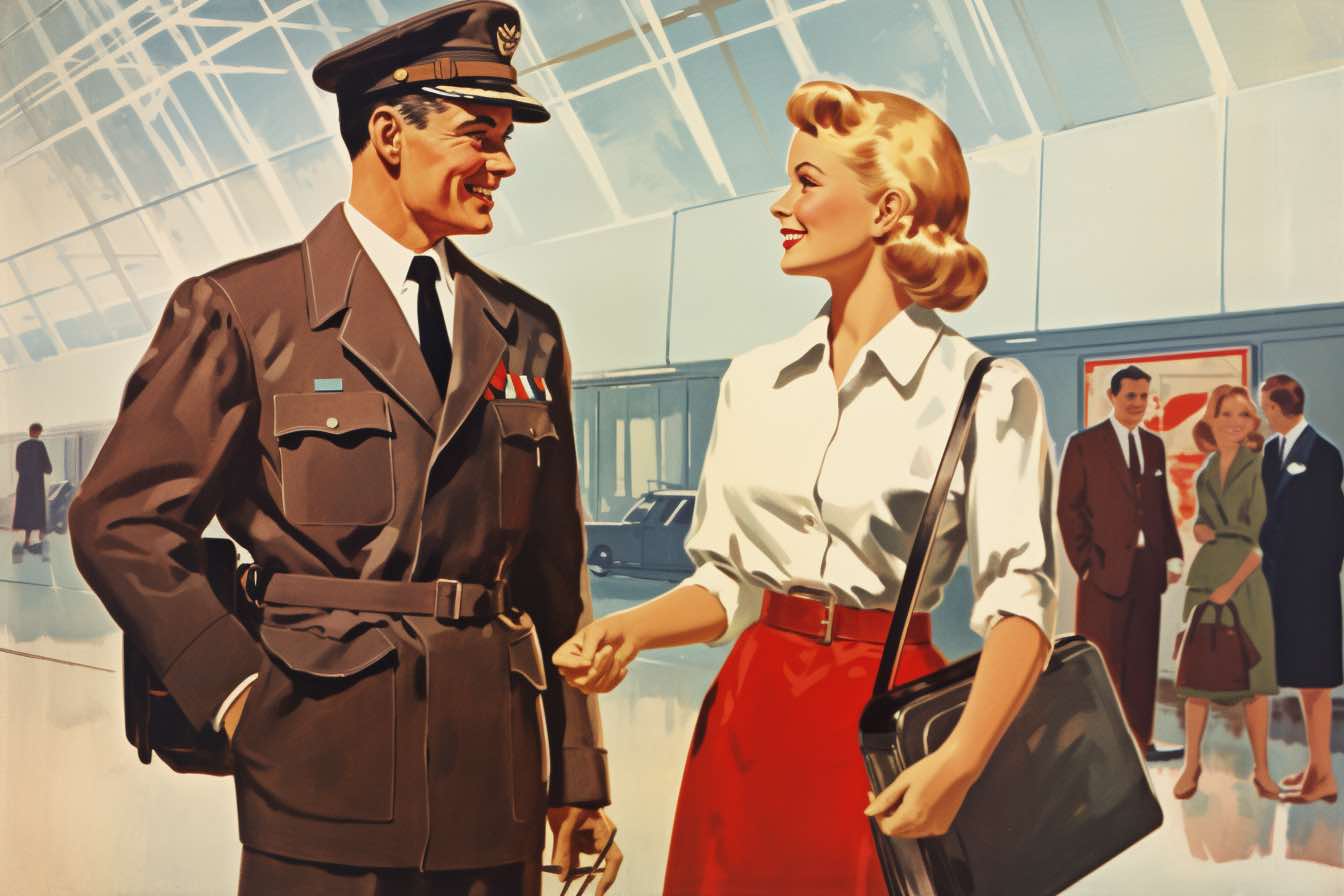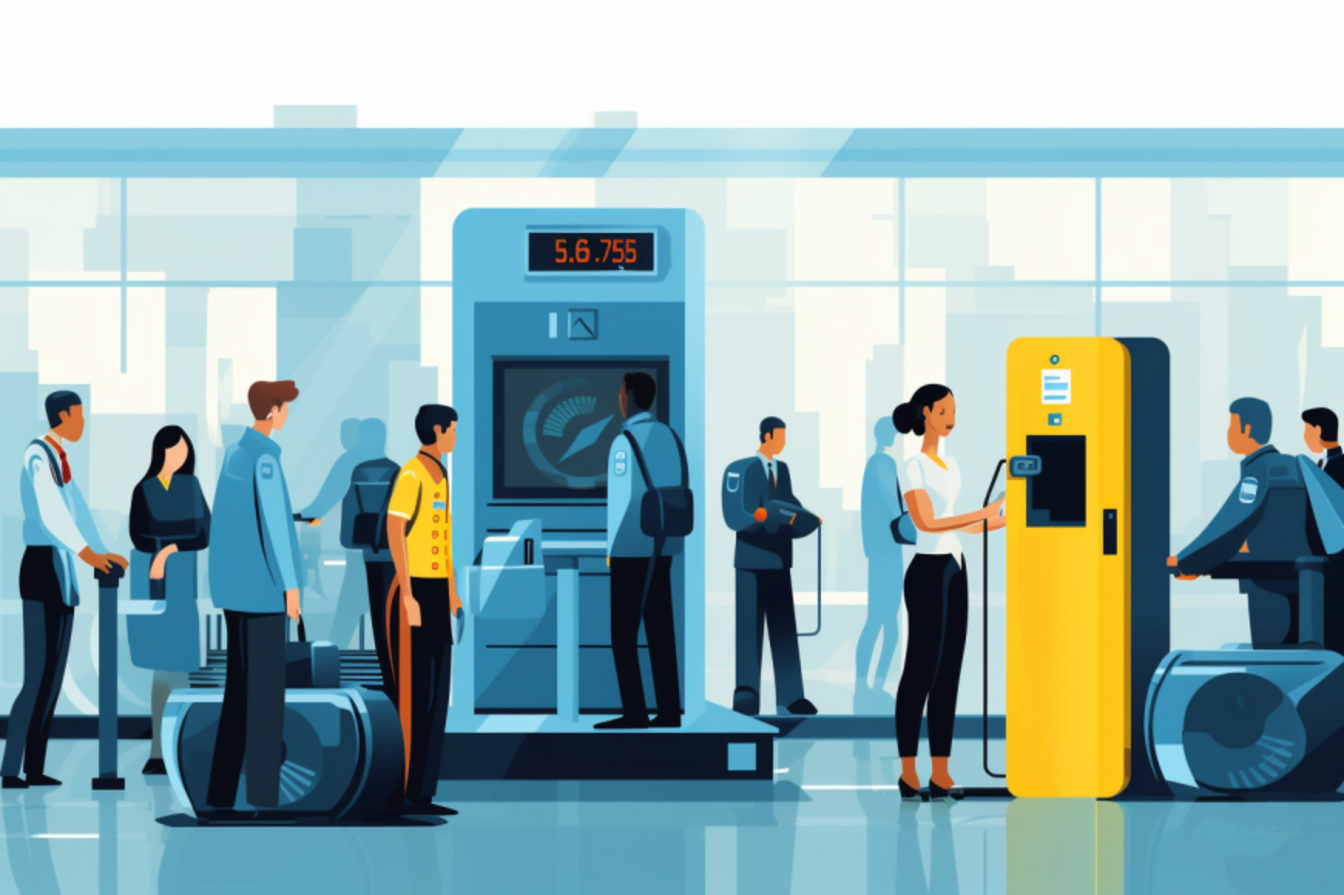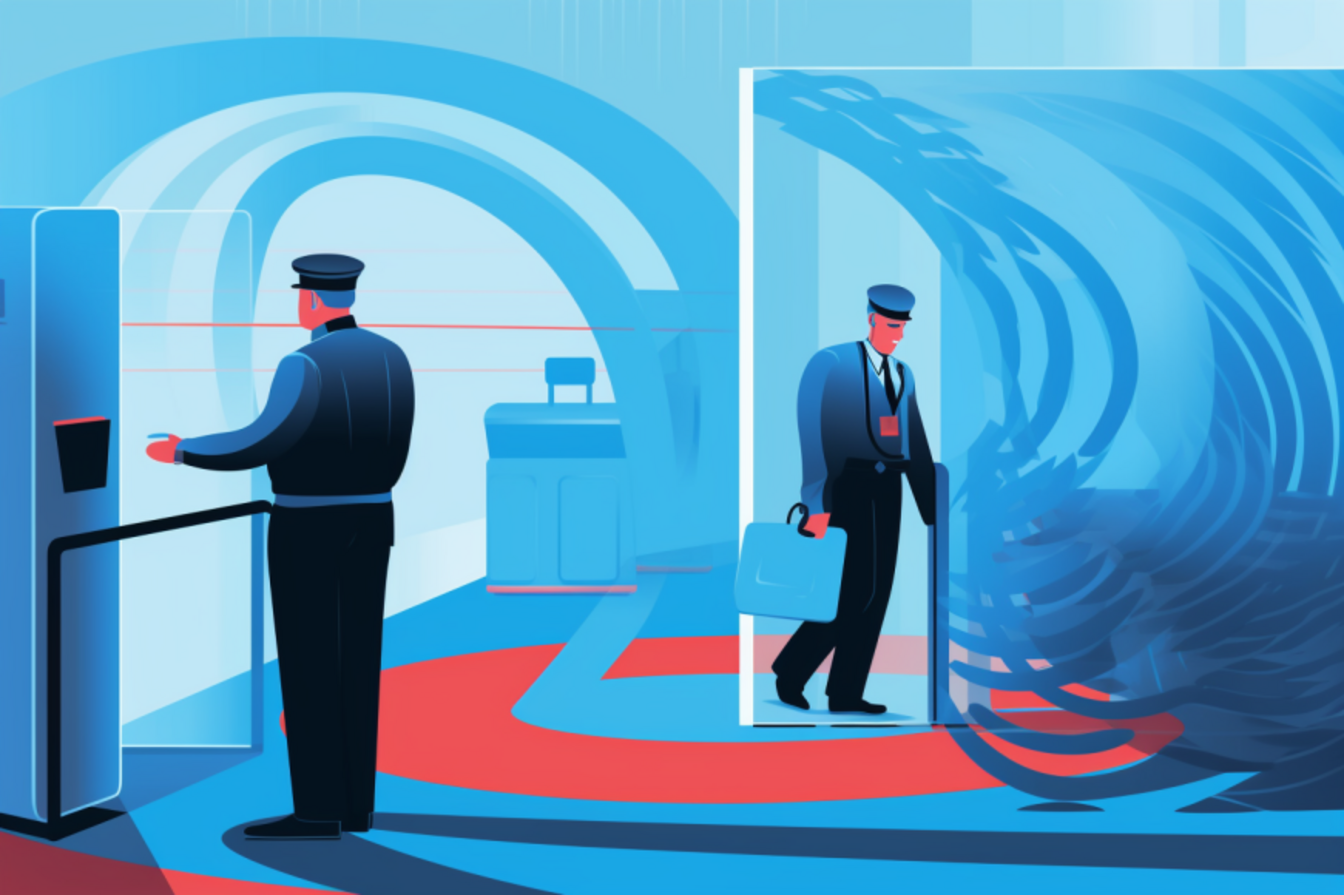Wanna insult a reporter? There’s no easier way than accusing him or her of being a shill for the other side, of churning out propaganda instead of covering a subject.
And that’s especially true when it comes to the TSA.
But consider the following “exclusive” story from a local ABC affiliate, which aired a few weeks ago.
It was an earnest report about the imminent dangers of a terrorist weapon being detonated on a plane. Explosives “experts” at Camp Pendleton in California rigged shoes and laptop computers and blew them up in front of a group of TSA trainees. They even let a reporter incinerate one of the props from a safe distance.
It made for terrific TV and it helped the TSA make the point that it, and its $8 billion a year budget, were urgently needed to keep America safe. Such demonstrations are a staple of the TSA publicity machine.
But as is so often the case, it’s not what was said, but what was not said, that made this report the latest feather in the TSA’s PR cap.
The reporter failed to mention that TSA agents aren’t given any explosives training, so the exercise had no educational value beyond showing that plastic explosives go “boom.”
She also omitted the fact that not a single terrorist has ever tried to get a liquid bomb or plastic explosives through a TSA checkpoint. Instead, wannabe terrorists like the shoe bomber and the underwear bomber looked for vulnerabilities overseas, where the TSA has little or no jurisdiction. If you’re going to demonstrate America’s security prowess, maybe a foreign airport is a good place to start.
Put differently, the entire display was for show. The TSA could have detonated grenades, set up an archery range, even set off a small nuclear weapon — it would have been just as meaningful.
Or meaningless.
It’s not hard to impress travelers
I can’t blame a journalist for filing that kind of piece. Few news outlets have a full-time national security reporter. Dangle an “exclusive” in front of them, maybe give them a few hours to edit the story, and they just can’t help themselves. Calling an outside expert to help put the TSA’s pyrotechnics into perspective might have been impractical.
I want to believe that.
But an outsider might have said this: TSA agents are about as capable of disarming an incendiary device as a bomb-sniffing dog. The agents watching from the bleachers are screeners, not law enforcement officials. In the sense that they’re helping air travelers through the security process, they are primarily in the customer-service business.
Maybe the TSA should have done a seminar with Miss Manners. You know, show agents how to say “please” and “thank you” instead of barking and prodding.
But I digress.
Fact is, the ABC demo was spectacular. Also, journalists tend to instinctively trust something an official tells them, whether it’s true or not.
ABC shouldn’t feel singled out. In the recent past, outlets from National Public Radio to NBC News have also filed fawning reports that do little more than help perpetuate the TSA’s “permanent emergency” and fuel public fears that help it secure more funding.
We shouldn’t be
Bias is difficult to detect. Even when you think you detect it, it’s almost impossible to prove. Reporters on deadline don’t always have time to think about the other side, and if they aren’t subject matter experts, they may not even be aware there is another side.
It’s not an excuse. In journalism school, there’s a saying: “If your mother says she loves you, check it out.” It’s what I like to call the Fox Mulder principle: Trust no one. It’s one of the most difficult lessons to learn when you’re a reporter, particularly when your sources seem to be so trustworthy.
Be critical, even when it will cause some to question your patriotism. Especially then.
I’m not going to pretend to be unbiased. I’m on the side of the consumer. The TSA does not serve us when it trumps up false threats or exaggerates its role in keeping America’s transportation systems safe.
In the meantime, maybe the best advice I can give is this: Don’t believe everything you read.




